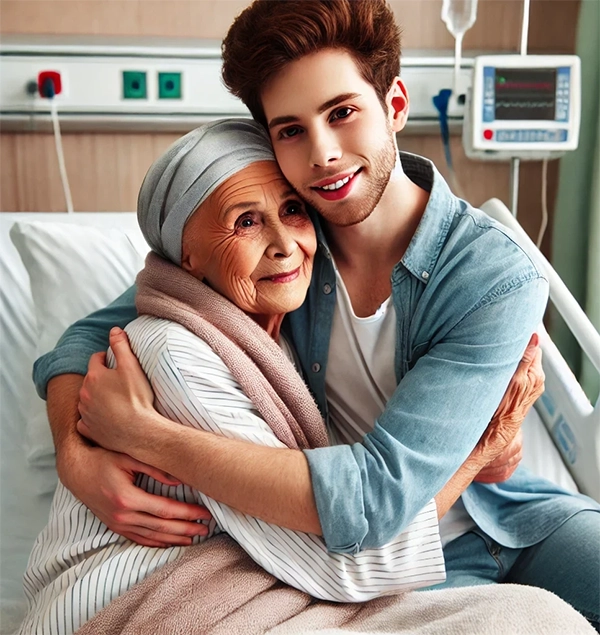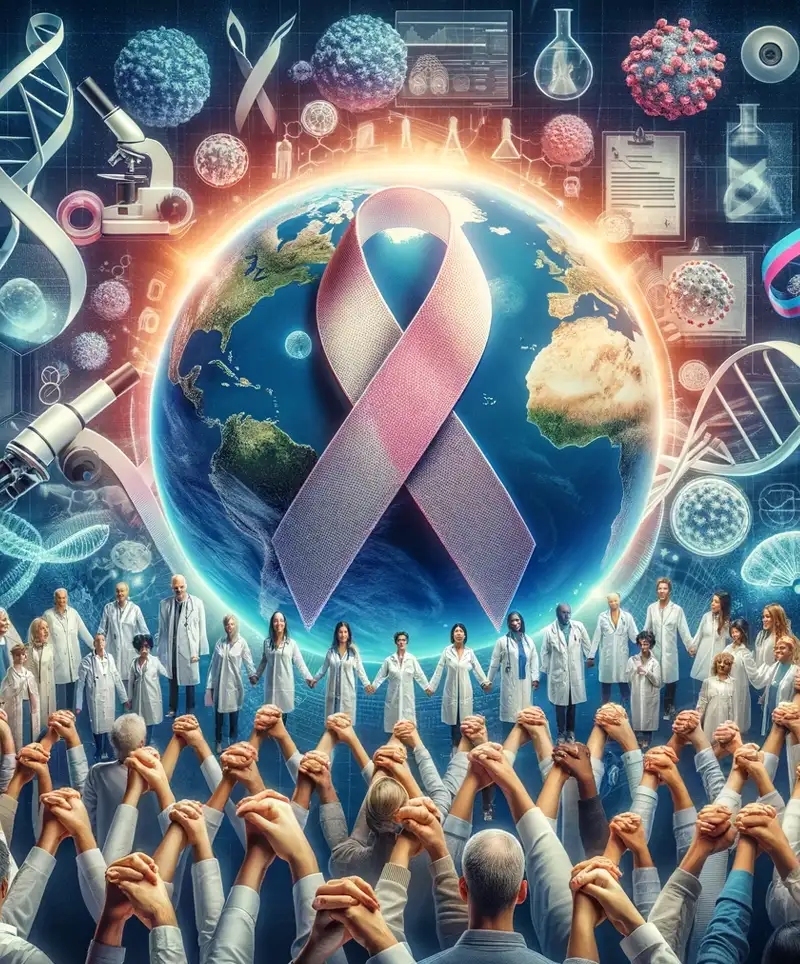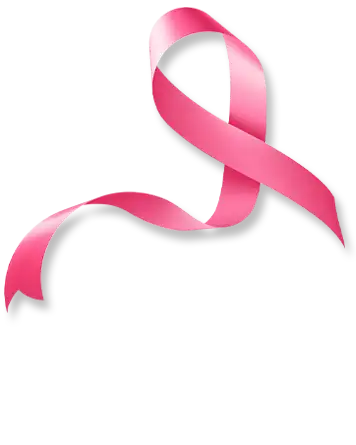A Global Call to Action
Every February 4th, World Cancer Day unites the globe in the fight against one of humanity's most pervasive health challenges: cancer. Organized by the Union for International Cancer Control (UICC), this day emphasizes education, prevention, research, and support for those affected by cancer. The goal? To save millions of preventable deaths annually through awareness and action.
The History of World Cancer Day
The roots of World Cancer Day trace back to February 4, 2000, when the World Summit Against Cancer for the New Millennium was held in Paris. This landmark event brought together leaders, scientists, and healthcare professionals from across the globe to address the growing burden of cancer. During the summit, attendees signed the Charter of Paris Against Cancer, a pivotal document outlining the shared responsibility of governments, organizations, and individuals to reduce cancer-related deaths and improve the quality of life for those affected by the disease.
The charter declared February 4th as World Cancer Day, aiming to unite the world in raising awareness and taking concrete action. From its inception, the day was envisioned as a platform to foster international collaboration, dispel myths about cancer, and advocate for better funding and policies to support research, prevention, and care.
Over the years, World Cancer Day has grown into a global movement supported by thousands of organizations and millions of individuals. Its themes have evolved annually to address emerging challenges and priorities, such as early detection, equitable access to care, and the importance of collaboration across sectors. Each year, the observance not only reflects on progress made but also renews the commitment to a future where preventable deaths from cancer are a thing of the past.
Understanding Cancer
Cancer encompasses over 200 types of diseases characterized by abnormal cell growth. These cells invade healthy tissues, spread to other parts of the body, and disrupt vital functions. Some of the most common types include breast, lung, prostate, and colorectal cancers.
Cancer doesn't discriminate. It affects people of all ages, genders, and ethnicities. However, lifestyle choices, environmental factors, genetics, and access to healthcare can significantly influence one's risk.
Cancer is a leading cause of death worldwide. According to the World Health Organization (WHO), nearly 10 million people succumbed to the disease in 2020 alone. Lung, colon, and stomach cancers account for the highest mortality rates globally.
Yet, survival rates are improving due to advancements in early detection and treatment. In some countries, five-year survival rates for certain cancers, such as breast and prostate, exceed 90%. However, the disparity in outcomes between high-income and low-income nations remains stark.

Prevention and Early Detection
The fight against cancer begins with prevention. The WHO estimates that up to 50% of cancers could be prevented by addressing risk factors such as:
- Tobacco Use: The single most preventable cause of cancer. Smoking accounts for 22% of cancer deaths globally.
- Diet and Physical Activity: A healthy diet, regular exercise, and maintaining a healthy weight can significantly reduce the risk.
- Alcohol Consumption: Limiting alcohol intake can decrease the likelihood of developing cancers of the liver, breast, and colon.
- Vaccinations: Vaccines against HPV and hepatitis B prevent cervical and liver cancers, respectively.
Early detection is equally critical. Regular screenings for breast, cervical, colorectal, and prostate cancers can identify abnormalities before they become life-threatening. Public awareness campaigns are vital in encouraging people to seek medical advice for unusual symptoms.
Advances in Treatment
The last decade has seen remarkable progress in cancer treatment:
- Immunotherapy: This revolutionary approach helps the immune system target and destroy cancer cells.
- Targeted Therapy: These drugs specifically attack cancer cells without harming healthy tissues.
- Precision Medicine: Advances in genetic profiling enable personalized treatment plans tailored to an individual’s unique cancer profile.
Despite these breakthroughs, equitable access to treatment remains a challenge in many parts of the world.
Supporting Patients and Survivors
World Cancer Day not only underscores the importance of prevention and treatment but also highlights the often-overlooked emotional and social challenges faced by patients and survivors. A cancer diagnosis can be life-altering, impacting not just the individual but also their families and communities. Supporting patients and survivors goes beyond medical care, involving a holistic approach to their well-being.
Emotional and Psychological Support: The psychological toll of cancer can be as profound as its physical effects. Anxiety, depression, and feelings of isolation are common among patients and survivors. Access to mental health services, including therapy and counseling, is crucial for helping individuals process their diagnosis, cope with treatment, and adjust to life post-cancer. Many organizations also offer peer support groups where patients and survivors can share their experiences, offering mutual encouragement and reducing the sense of loneliness.
Financial and Practical Assistance: Cancer treatment can place an enormous financial strain on patients and their families, especially in regions where healthcare costs are prohibitive. Nonprofit organizations and community groups often provide financial aid, transportation services for medical appointments, and assistance with navigating insurance claims. Ensuring access to affordable care and resources can alleviate some of the burdens that patients face, enabling them to focus on recovery.
Rehabilitation and Aftercare: Surviving cancer is a significant milestone, but life after treatment can come with its own challenges. Survivors may deal with physical side effects such as fatigue, chronic pain, or mobility issues. Rehabilitation programs that include physical therapy, nutritional counseling, and lifestyle coaching can help individuals regain their strength and improve their quality of life. Follow-up care is also critical to monitor for recurrence and manage any long-term effects of treatment.
Supporting Caregivers: Caregivers play a pivotal role in a patient’s journey, often providing physical, emotional, and financial support. However, the demands of caregiving can lead to burnout and stress. Offering resources for caregivers, such as respite care, counseling, and caregiver support groups, ensures they are not overlooked in the broader framework of cancer care.
Advocating for Survivorship Rights: Cancer survivors face unique challenges, including potential discrimination in the workplace or difficulty accessing insurance. Advocacy groups work tirelessly to promote policies that protect the rights of survivors, ensuring they receive fair treatment and have access to necessary resources. Programs that help survivors transition back into the workforce or pursue educational opportunities are vital for helping them reclaim their lives.
Building a Supportive Community: Creating a community of compassion and understanding is integral to supporting cancer patients and survivors. Public events like Relay for Life and other awareness campaigns not only raise funds but also foster a sense of solidarity. When survivors share their stories, they inspire others to fight with courage and hope, demonstrating that life after cancer is not just possible but can also be deeply meaningful.
What You Can Do on World Cancer Day
The theme for World Cancer Day changes annually, offering fresh perspectives and calls to action. Recent campaigns include “I Am and I Will,” which encourages individuals to make personal commitments toward reducing the global cancer burden.
Here’s how you can contribute:
- Raise Awareness: Share facts about cancer prevention and early detection on social media.
- Support Fundraisers: Donate to or participate in events that fund research and patient care.
- Get Screened: Schedule your routine cancer screenings and encourage loved ones to do the same.
- Advocate for Policy Change: Push for better healthcare access and funding for cancer research in your community.
World Cancer Day is more than an observance; it’s a reminder of our collective responsibility. By fostering awareness, embracing prevention, and supporting those affected, we inch closer to a world where cancer is no longer a death sentence.
As the fight continues, every action—no matter how small—can make a meaningful difference. Together, we can move toward a future free of cancer’s grip.
Please Share our Content
















 "Sláinte!" is a traditional Irish expression used as a toast, equivalent to "Cheers!" in English.
"Sláinte!" is a traditional Irish expression used as a toast, equivalent to "Cheers!" in English.